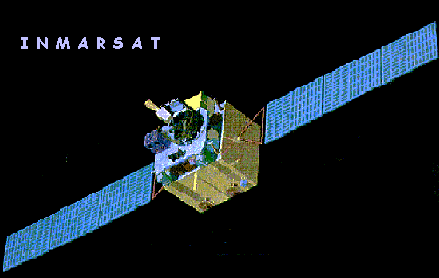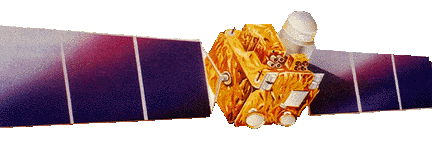The introduction of the GLOBAL MARITIME DISTRESS AND SAFETY SYSTEM (GMDSS) on 1 February 1992 marked the most important change in maritime safety since the advent of radio in 1899. The proven benefits of satellite communications, with high reliability, simple operation and multi-modal capabilities, cannot be ignored and are, in fact, being enthusiastically welcomed on ships of all kinds for their business and social features, as well as the serious business of distress and safety communications.
Beginning on 1 February 1992, the use of modern satellite technology has resulted in a total transformation of the maritime distress communications system. Whereas the old system for maritime distress and safety communications relied primarily on the capability of a ship in distress to alert only other ships for assistance, the GMDSS emphasises the ability to alert shore-based search and rescue authorities, as well as shipping in the immediate vicinity, in order to achieve co-ordinated assistance and rescue operations.

The GMDSS is a better, simpler and more efficient distress and safety communications system. It relies heavily on well proven automation and makes extensive use of Inmarsat's satellites for rapid and reliable communications. The GMDSS applies to all cargo ships of 300 .gross tonnes and upwards and to all passenger ships on international voyages subject to the SOLAS 1974 Convention, as amended in 1988.
Inmarsat's key role in the GMDSS can be summarised as follows:

Initiated by RCCs ashore, ships are alerted through automatic receipt of distress alert relays transmitted through the International SafetyNETSM Service of the EGC (Enhanced Group Call) capabilities of the Inmarsat-C system. Ordinary telex group calls to Inmarsat-A or B SESs can also be used to supplement.
Inmarsat terminals on board ships can be utilized for originating and receiving communications with other ships involved in distress incidents and for communications with RCCs. When multiple ships are involved, the EGC system is advantageous for operational updates and planning actions from RCCs.
Navigational and meteorological information is transmitted from ships to shore authorities through the Inmarsat-A, B or C systems. Maritime Safety Information (MSI) is initiated by shore authorities in hydrographic, meteorological and search and rescue offices, with messages being entered into the International SafetyNETSM Service for transmission to ships through the EGC system, with the appropriate priority.
Virtually all of the telecommunications services found in offices ashore are available to ships equipped with Inmarsat SESs. This results in ships having capabilities for high quality, reliable and automatic communications via telephone, facsimile, telex, data and E-mail. These capabilities can be used for obtaining advice and assistance from experts ashore in efforts to solve problems before they develop into emergency situations.
A series of 2-digit service codes has been established to make it faster for ships to make connections for a number of special purposes, both safety and routine. Of these, there are six (6) which are specifically for safety services and provide a rapid connection to an RCC, meteorological office, hydrographic office, ship reporting centre or medical centre.
Satellite communications via Inmarsat bring rapid and reliable communications to the aid of seafarers - to help them avoid danger and to provide a means for summoning assistance when all else fails. The ability to communicate with a vessel anywhere in the world, at any time of day or night will appeal to all owners/operators of ships. The ability to immediately contact an RCC or technical experts ashore for assistance will, on the other hand, appeal to all seafarers.
For all parties, the availability of the world's best, most reliable and flexible system for commercial and safety communications is the ultimate bonus.